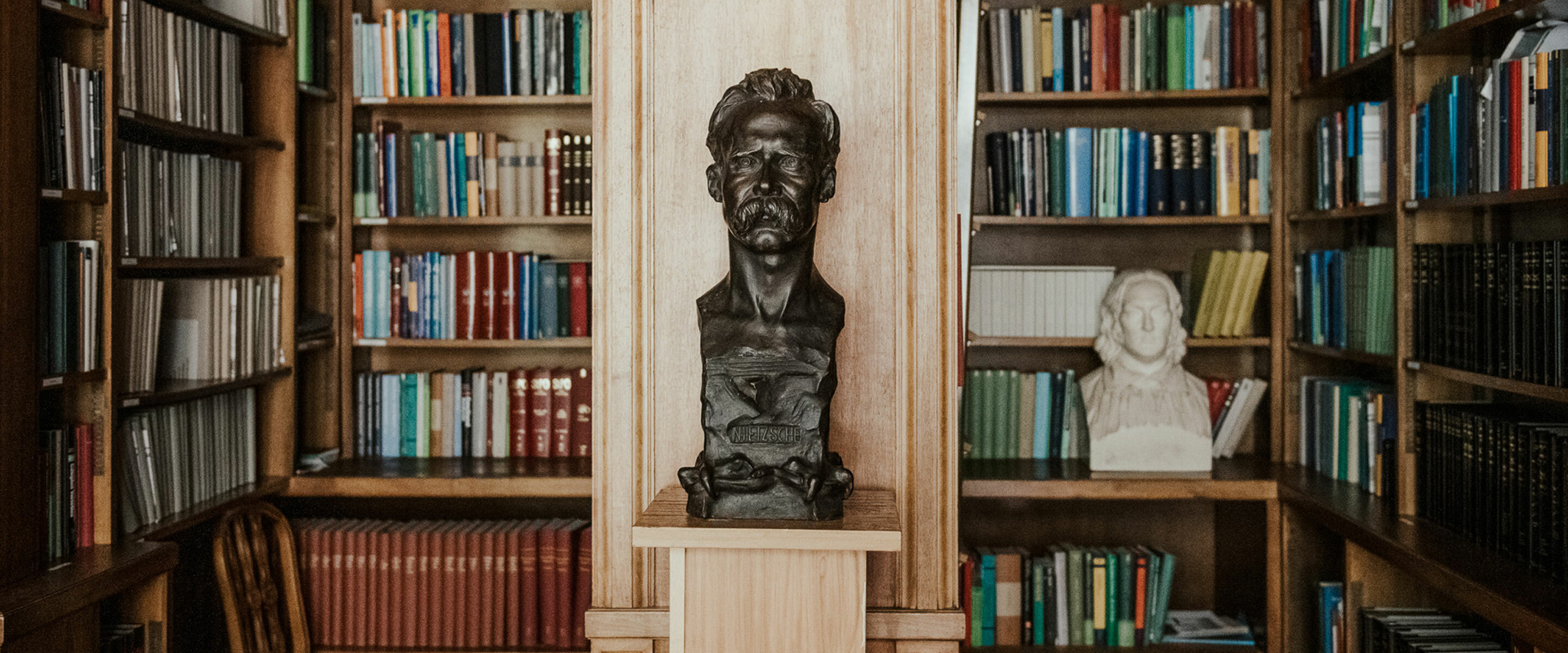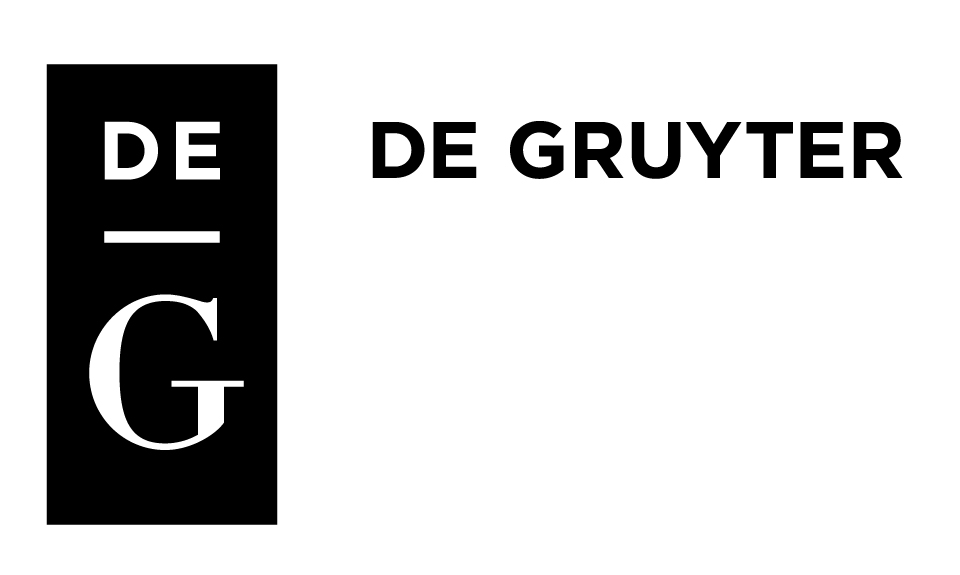
About De Gruyter
De Gruyter publishes first-class scholarship and has done so for more than 270 years - learn more about our publishing house, our imprints, history, mission and vision here.

Walter de Gruyter Foundation
The Walter de Gruyter Foundation is a nonprofit organization that promotes research and scholarship, with a focus on the humanities. It is named after Walter de Gruyter (1862–1923), an inquisitive and open-minded publisher, who was committed to disseminating new knowledge. Bringing together one hundred years of tradition and change, Walter de Gruyter built a modern publishing house devoted to scholarly works. All along, he was guided by the belief that a publishing house had to be strong in order to be “fruitful for scholarship”.
In 2006, three granddaughters of Walter de Gruyter co-founded the Walter de Gruyter Foundation to continue his legacy, who besides being a successful publisher was also a socially engaged benefactor. The majority of the foundation's endowment comes from a 10% share in the Walter de Gruyter company.
The De Gruyter Foundation consists of its board of trustees – comprising the foundation’s principals along with De Gruyter’s advisory board members Georg-Martin Cram, Christoph Seils, and Rüdiger Gebauer – and its executive board, led by Petra Schmitt.
According to its charter, the mission of the foundation is to promote research and scholarship. Specifically, this includes:
The foundation funds five to ten projects each year, with grants ranging from 1,000 to 10,000 euros. The board of trustees meets twice a year to make funding decisions. In most cases, grants are given on a one-off basis. The foundation does not fund personnel costs, printing costs, and jubilees. There is no legal right to funding from the foundation.
Walter de Gruyter was a lover of books, an enthusiastic supporter of new ideas, and a socially engaged benefactor. Born in Duisburg to a coal wholesaler, he moved to Berlin and in 1897, began to build a scholarly publishing house.
The roots of the Walter de Gruyter company go back to 1749. In that year, Frederick the Great granted the Königliche Realschule the right to open a bookstore and “to publish good and useful books.” The school’s press eventually became the Georg Reimer Verlag. Walter De Gruyter took a position with Georg Reimer and by the age of 35, he had become the sole proprietor of a hundred-year-old company known for publishing the works of German romantics such as Johann Gottlieb Fichte, Friedrich Schleiermacher, and Heinrich von Kleist. De Gruyter later acquired four other publishing houses – Göschen, Guttentag, Trübner, and Veit – and in 1919, merged them into one: Vereinigung wissenschaftlicher Verleger Walter de Gruyter & Co., located on Genthiner Straße, Berlin.
The publishing houses that Walter de Gruyter acquired, specialized in philosophy, theology, German literature, medicine, mathematics, engineering, law, political science, and the natural sciences. Many of the classics for which De Gruyter is known today go back to those early days. These include the Pschyrembel Klinisches Wörterbuch (Pschyrembel Clinical Dictionary), the Crelle Journal für die reine und angewandte Mathematik (Crelle Journal for Pure and Applied Mathematics), and Kluges Etymologisches Wörterbuch (Kluges Etymological Dictionary). By the time he died, in 1923, Walter de Gruyter had created one of the largest and most modern publishing houses in Europe.
In recent years, digitization and internationalization have posed new challenges for academic publishers. Nevertheless, De Gruyter remains committed to the ideas of its founder and continues to be a family-owned company. In 2006, the Walter de Gruyter Foundation joined the publishing firm’s small circle of principals.
Between 2006 and 2018, the Walter de Gruyter Foundation funded some 130 projects, including:
Some successful grant applicants and their projects:
Grant applications should be addressed to the foundation’s executive board and contain the following information:
Petra Schmitt
De Gruyter Foundation
Genthiner Straße 13
10785 Berlin
Germany
E-Mail: stiftung@degruyter.com